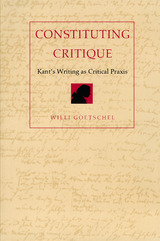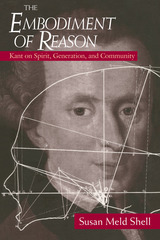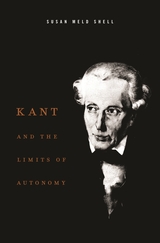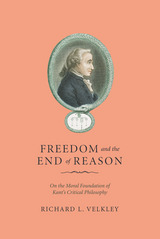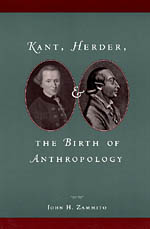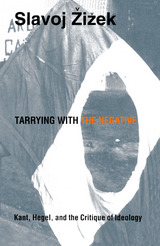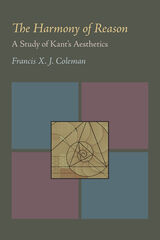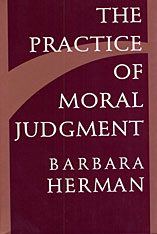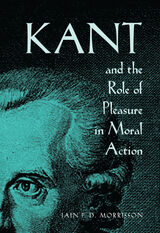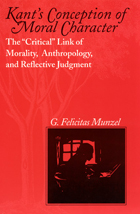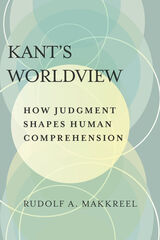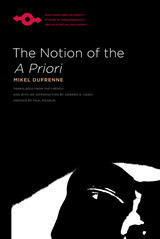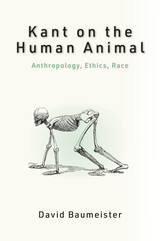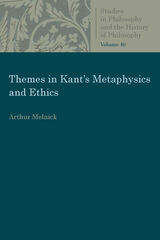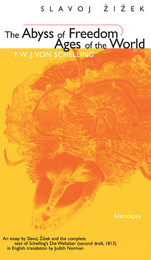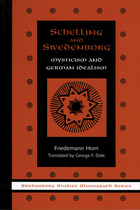Kant's Conception of Moral Character: The "Critical" Link of Morality, Anthropology, and Reflective Judgment
University of Chicago Press, 1999
Paper: 978-0-226-55134-0 | Cloth: 978-0-226-55133-3
Library of Congress Classification B2799.E8M849 1999
Dewey Decimal Classification 170.92
Paper: 978-0-226-55134-0 | Cloth: 978-0-226-55133-3
Library of Congress Classification B2799.E8M849 1999
Dewey Decimal Classification 170.92
ABOUT THIS BOOK | TOC
ABOUT THIS BOOK
Currently fashionable among critics of enlightenment thought is the charge that Kant's ethics fails to provide an adequate account of character and its formation in moral and political life. G. Felicitas Munzel challenges this reading of Kant's thought, claiming not only that Kant has a very rich notion of moral character, but also that it is a conception of systematic importance for his thought, linking the formal moral with the critical, aesthetic, anthropological, and biological aspects of his philosophy.
The first book to focus on character formation in Kant's moral philosophy, it builds on important recent work on Kant's aesthetics and anthropology, and brings these to bear on moral issues. Munzel traces Kant's multifaceted definition of character through the broad range of his writings, and then explores the structure of character, its actual exercise in the world, and its cultivation.
An outstanding work of original textual analysis and interpretation, Kant's Conception of Moral Character is a major contribution to Kant studies and moral philosophy in general.
The first book to focus on character formation in Kant's moral philosophy, it builds on important recent work on Kant's aesthetics and anthropology, and brings these to bear on moral issues. Munzel traces Kant's multifaceted definition of character through the broad range of his writings, and then explores the structure of character, its actual exercise in the world, and its cultivation.
An outstanding work of original textual analysis and interpretation, Kant's Conception of Moral Character is a major contribution to Kant studies and moral philosophy in general.
See other books on: 1724-1804 | Character | Kant's Conception | Kant, Immanuel | Moral Character
See other titles from University of Chicago Press

